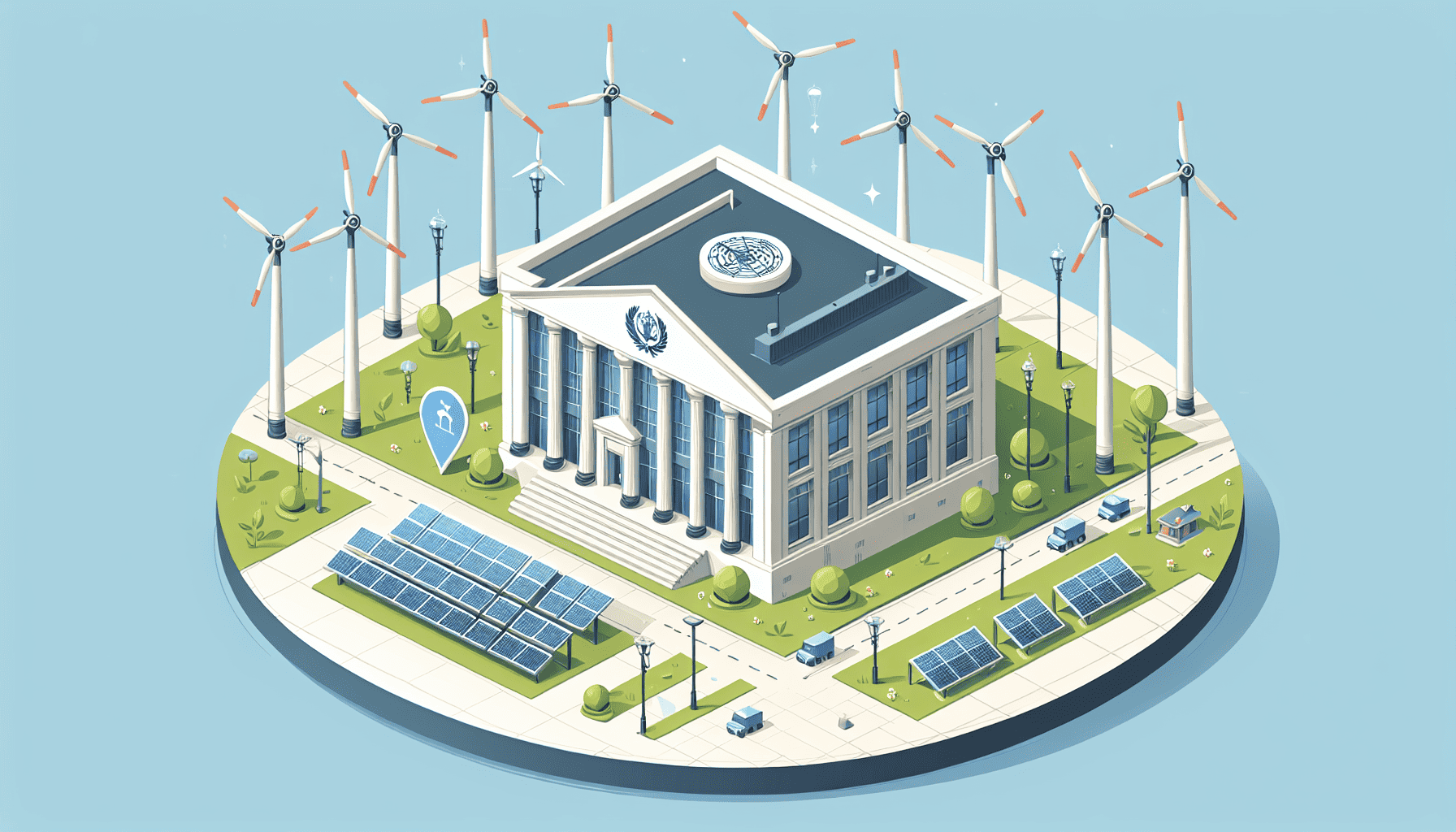Energy policies have become pivotal in shaping the dynamics of the global energy market. These policies, crafted by governments and international bodies, are designed to regulate energy production, consumption, and distribution. Their impact is far-reaching, influencing not only the economic landscape but also environmental sustainability and societal welfare.
The modern energy market is a complex interplay of various sources, including fossil fuels, nuclear energy, and renewables like solar, wind, and hydropower. Energy policies serve as a guiding framework, influencing which energy sources are prioritized, funded, and developed. For instance, subsidies and tax incentives can make renewable energy sources more competitive against traditional fossil fuels, thereby altering the energy mix within a country.
One of the significant global trends is the push toward renewable energy, driven by policies aimed at combating climate change. International agreements such as the Paris Accord have set ambitious targets for reducing greenhouse gas emissions. This has led to a surge in investments in clean energy technologies and infrastructure. Countries are increasingly adopting carbon pricing, including taxes and cap-and-trade systems, to incentivize reductions in carbon emissions and promote cleaner alternatives.
These policies have substantial implications for different stakeholders. Energy producers must innovate and adapt to these shifts, investing in cleaner technologies and altering their business strategies to adhere to regulatory standards. For traditional energy companies, this transition can pose both challenges and opportunities. While there may be initial financial burdens associated with shifting to greener practices, there is also potential for new revenue streams in the burgeoning sustainable energy sector.
Consumers are also affected by energy policies. Policies that encourage energy efficiency and conservation can lead to lower energy costs and reduced environmental footprints for households and businesses. However, the transition to renewable energy can sometimes lead to short-term price increases as infrastructure and technology investments are recouped.
Furthermore, global energy policies influence geopolitical relations. Energy independence and security have become strategically important, affecting international trade and alliances. Countries rich in renewable resources gain strategic advantages, while others may need to adjust their energy imports and exports accordingly.
The environmental impact of energy policies is another crucial aspect. By prioritizing sustainable energy, policies can significantly reduce air and water pollution, mitigate climate change effects, and preserve natural habitats. As such, these policies are often supported by environmental advocacy groups and are aligned with broader global sustainability goals.
In conclusion, energy policies are a powerful tool in shaping the future of the energy market. Their effects are multifaceted, impacting economic stability, environmental sustainability, and societal progress. As the world continues to grapple with the complexities of climate change and energy security, the role of well-crafted, forward-thinking energy policies becomes increasingly vital. Stakeholders across the spectrum must engage with these policies to navigate the evolving energy landscape effectively and sustainably.
